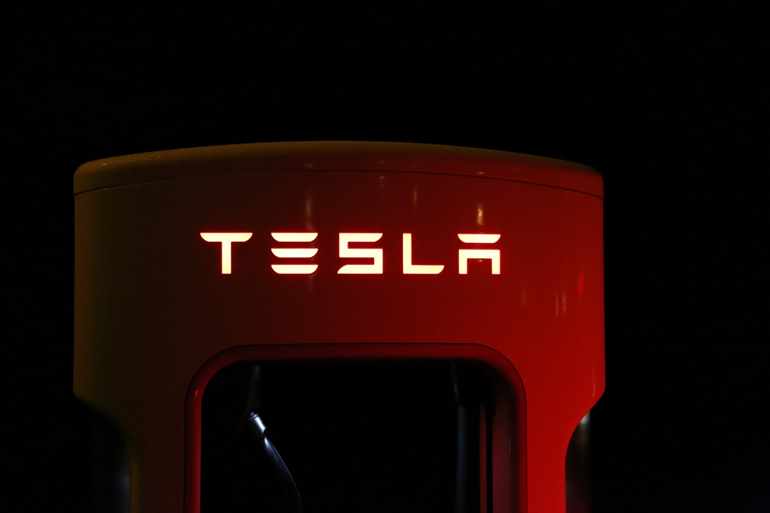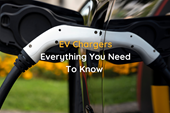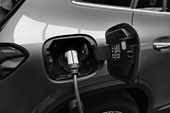
Do electric cars need servicing?
Everything You Need To Know About Electric Vehicle Servicing...
Electric cars are a much more efficient way to get from A to B in terms of energy consumption and wear and tear. They have fewer moving parts, therefore they require less maintenance, but they still need regular attention.
In this article, we'll find out what type of servicing electric cars need.
Electric cars have fewer moving parts than a combustion engine
There are two key differences between electric cars and combustion engine vehicles. The first is that electric cars have fewer moving parts, which means there's less to break down and require servicing. The second is that electric cars have more sensors and computers, but these don't need to be serviced as often because they're not as physically demanding.
With fewer moving parts, electric cars are more efficient than their combustion-engine counterparts. These components will last longer as a result of less wear and tear on them during use, meaning you won't have to keep up with regular servicing or repairs over the life of your vehicle.
"Electric cars require fewer moving parts than combustion engine vehicles, which makes them easier to maintain."
Brake pads on electric cars last longer than on petrol-powered cars
Brake pads on an electric car last longer than they do on a fossil fuel-powered vehicle. This is because the regenerative braking system doesn't use as much brake fluid and can go longer between changes. Electric cars also require less servicing overall, so if you're looking to save money on maintenance costs, an electric car would be a good choice for you!
New braking systems are regenerative and don't need as much brake fluid
Electric cars do not use brake fluid, which is a welcome change for drivers. Instead, they have regenerative braking that can be easily maintained by checking the level of the brake fluid using the car's maintenance schedule. Because electric cars don't use brake fluid as much as traditional vehicles, you'll need to check your fluid regularly to make sure it stays at an adequate level and doesn't need more added.
Tyres on electric cars can go longer between changes
Tyres on electric cars don’t wear out as fast as they do with combustion engine vehicles, but you still need to keep an eye on tyre life.
The lifespan of a tyre depends on how much you drive and what kind of terrain you drive over. For example, if your commute is mostly motorway driving, your tyres will likely last longer than if you take back roads or drive off-road regularly. Also keep in mind that tyres are more expensive for electric cars versus their ICE counterparts, so spending more money upfront could cost less in the long run (and save on fuel).
Either way, tyres are susceptible to more wear and tear, as well as unforeseen damage, so it's worth considering tyre insurance, to plan for the unexpected.
The coolant for the battery should be checked regularly
The coolant in the battery must be checked regularly. The level should be checked every two to three months, and if it is low, it should be topped up as soon as possible. If you don't check the level regularly and overfill the coolant, this could cause damage to your car.
If your car has been standing for a long period of time with no use, the coolant may freeze (even during summer). This can occur because there is an insufficient volume of antifreeze in the radiator or because there isn't enough air circulating around it. If this happens, turn on one or two heaters full blast while driving slowly until they warm up fully; then turn them off again at an intermediate temperature so that only some heating continues until they reach normal working temperature again.
Electric cars require less servicing than ICE vehicles but still need regular maintenance
Electric cars require less servicing than combustion-engine vehicles but do need regular maintenance.
Electric cars require fewer moving parts than combustion engine vehicles, which makes them easier to maintain. The electrical systems in electric vehicles are simpler and more reliable as well. However, you should still have the battery checked regularly, the tyres assessed and the brakes checked regularly if you're driving an electric car.
Conclusion
Electric cars are much simpler to maintain than regular vehicles. You can expect to spend less time and money on them, but they still need regular checkups.
If you’re looking for GAP insurance for your EV, or some additional coverage for things like scratches and dents or alloys, then contact us today at Direct Gap.












